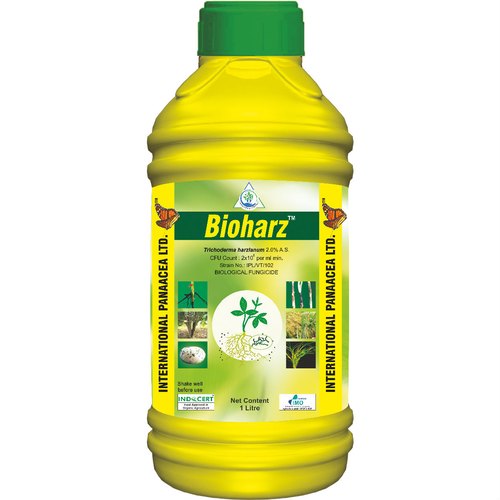Trichoderma harzianum fungi are unfastened-residing fungi that might be generally discovered in soil and plant root micro climatic systems. Those fungi produce or release huge forms of compounds which can induce some protective responses to pests and diseases in plants. Trichoderma species are crucial in the soil as they can be used as organic retailers in controlling many plant diseases and now have plant root boom selling abilities.
They produce or release an expansion of compounds that result in localized or systemic resistance responses in plants. Trichoderma has lengthy been diagnosed as organic sellers, for manipulate of plant ailment and for their ability to increase root boom and development, crop productiveness, resistance to abiotic stresses, and uptake and use of nutrients.
Advantages of trichoderma harzianum fungicides:
- Disorder control: Trichoderma is a strong biocontrol agent and is used considerably for post-harvest sickness control. It’s been used successfully against diverse pathogenic fungi belonging to diverse genera, by Fusarium, Phytophthora, and Sceleroti.
- Plant growth Promoter: Trichoderma harzianum solubilize phosphates and micronutrients. The application of Trichoderma lines with flora such as grasses increases the number of deep roots, thereby growing the plant’s ability to withstand drought.
- Biochemical Elicitors of ailment Resistance: Trichoderma harzianum are recognized to set off resistance in plant life. Preparation of compounds that might be produced by using Trichoderma and result in resistance in plant life is recognized. Those compounds induce ethylene manufacturing, hypersensitive responses, and different defense-related reactions in plant cultivate.
- Transgenic plants: the advent of endochitinase gene from Trichoderma into flora which includes tobacco and potato flora have improved their resistance to fungal increase
- Bioremediation: Trichoderma harzianum plays a crucial role in the bioremediation of soil that can be infected with insecticides and herbicides. They can degrade a wide variety of insecticides: organochlorines, organophosphates, and carbonates.


